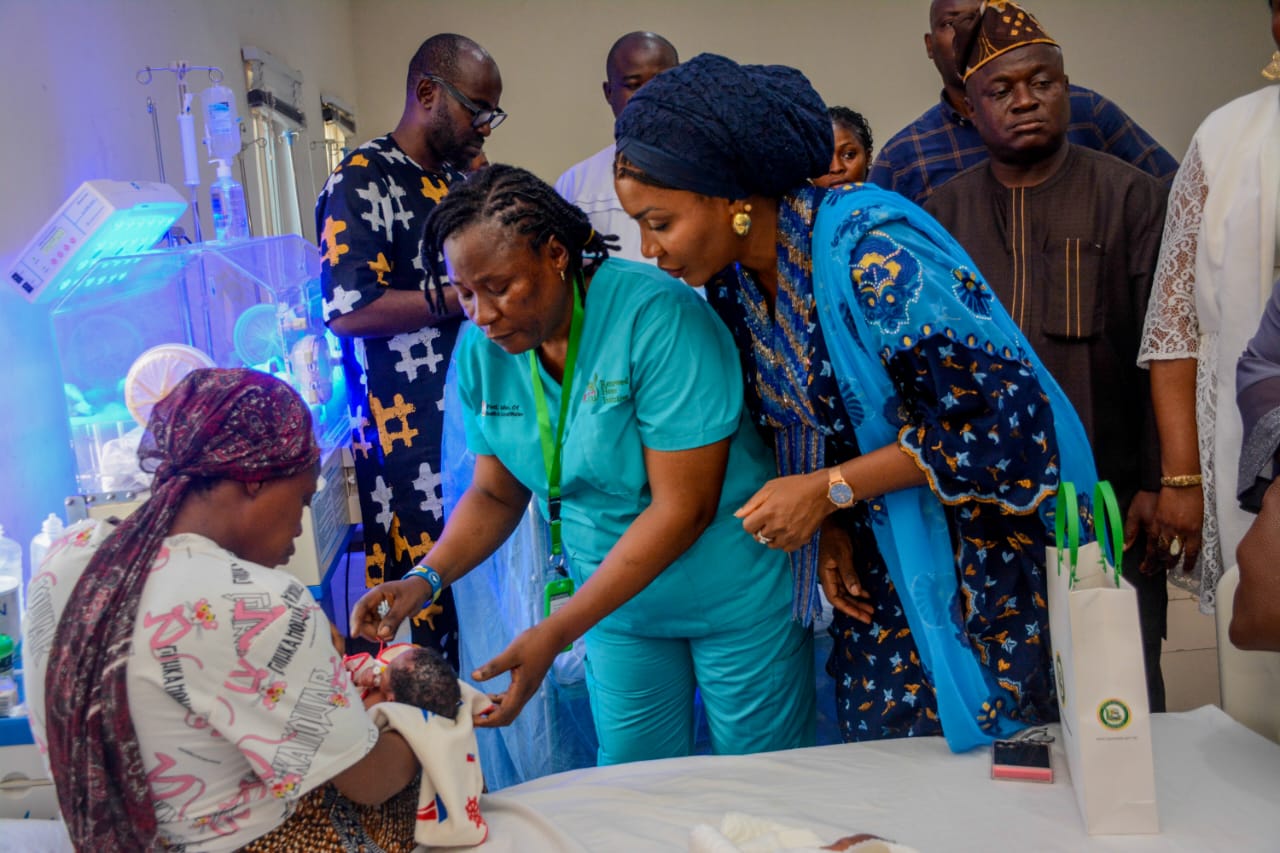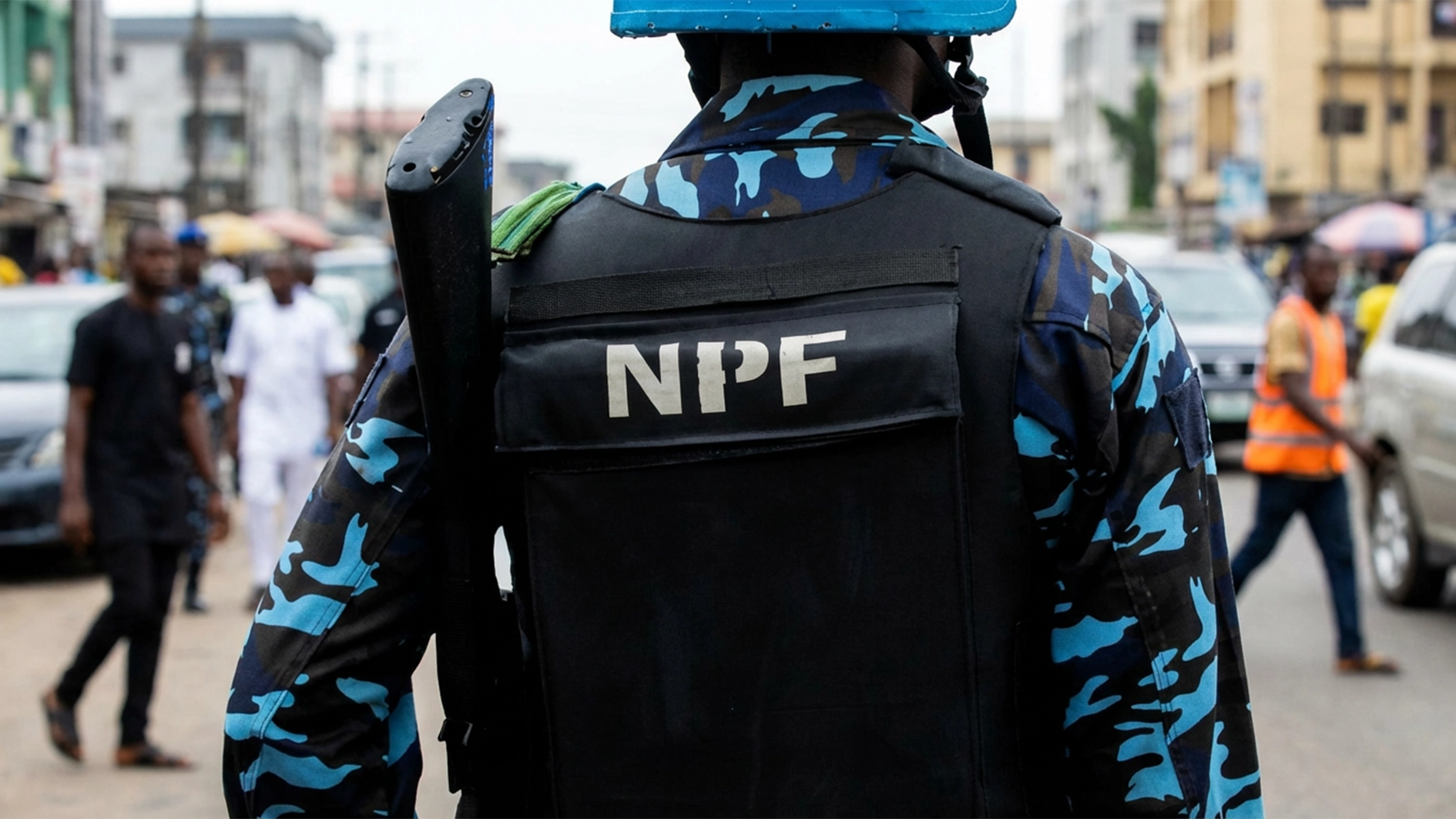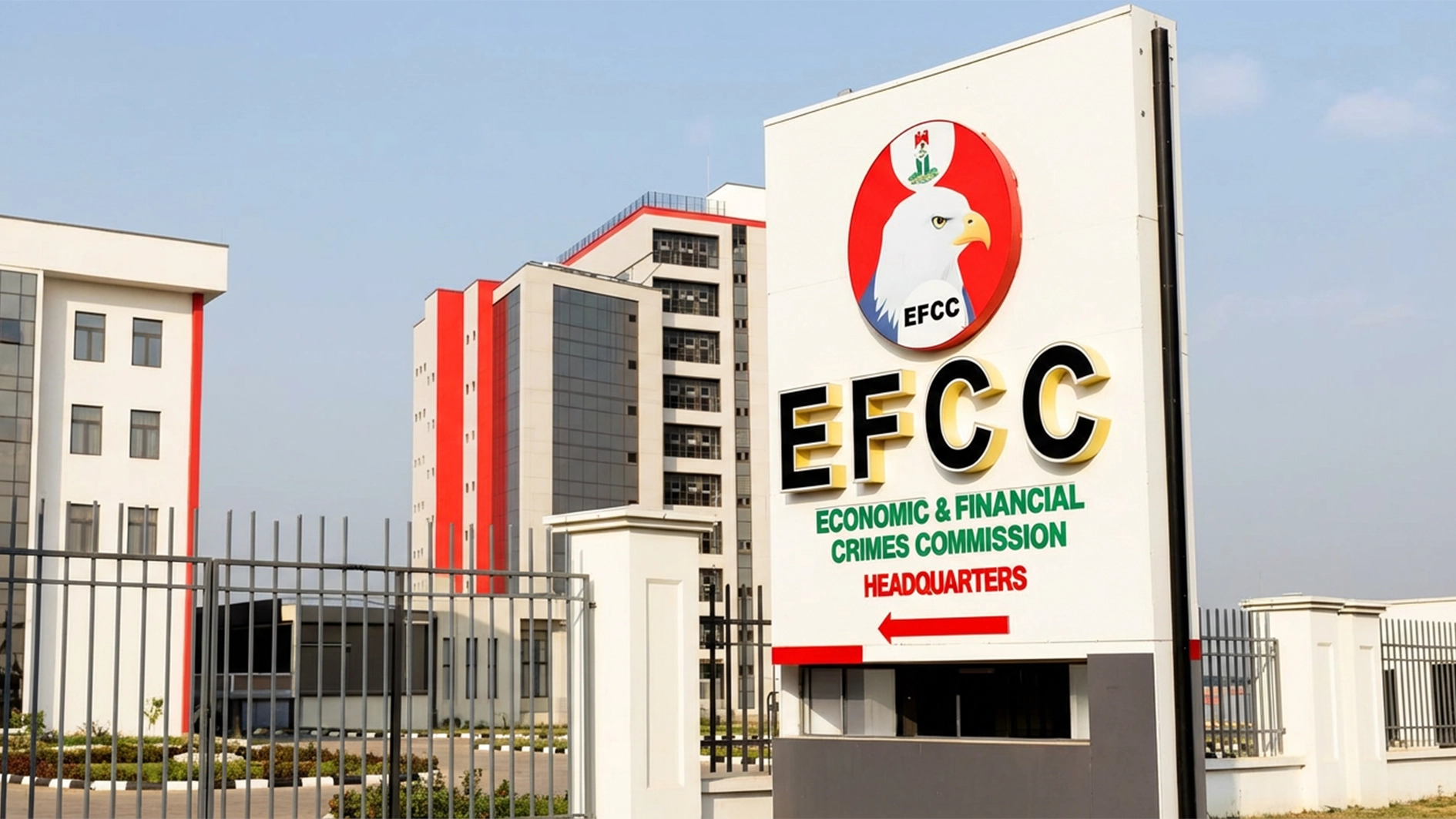The Nigeria Governors Spouses’ Forum (NGSF) has called on the Federal Government and state governors to declare a state of emergency on drug use and illicit trafficking to combat the growing crisis and mobilise resources to address the menace.
In a communiqué issued at the conclusion of a two-day training workshop in Abuja, the forum highlighted the critical importance of national ownership in tackling the drug problem. It stated that the success of ongoing efforts by the National Drug Law Enforcement Agency (NDLEA) would contribute significantly to the actualisation of the Renewed Hope Agenda of President Bola Ahmed Tinubu’s administration.
Mrs Bamidele Dapo Abiodun, the first lady of Ogun State, read the communiqué on behalf of the Chairperson of the Forum and first lady of Kwara State, Prof (Mrs) Olufolake Abdulrasaq. The forum expressed concern over Nigeria’s alarming drug use rates, which have permeated all societal strata, endangering the well-being and security of individuals, families, and communities.
The communiqué acknowledged the NDLEA’s achievements under Brig Gen Mohammed Buba Marwa’s leadership, including successes in arrests, seizures, prosecutions, and rehabilitation. However, it stressed the urgent need for intensified efforts to address the complex public health and security challenges driven by drug use.
The forum resolved to advocate for the establishment of State Drug Control Committees (SDCCs) across all 36 states, expanding from the nine currently functional committees. It urged first ladies to engage their state governors in facilitating this initiative. It also recommended the creation of Local Government Drug Abuse Committees to ensure that Drug Demand Reduction activities are cascaded to rural and ward levels, which are particularly vulnerable to drug-related challenges.
According to the forum, Drug Abuse Prevention, Treatment, and Care (DPTC) programmes in states would continue as NGSF projects, with state first ladies leading efforts to implement community-based drug prevention and treatment initiatives. The forum emphasised the need for SDCCs to form partnerships with private sector stakeholders, civil society organisations, and other actors to enhance resources, facilities, and infrastructure for effective outcomes.
The communiqué reaffirmed the importance of supporting NDLEA state commands to implement integrated responses combining enforcement, prevention, treatment, and recovery.
It also called for sustainable development initiatives, including health-centred prevention, stigma reduction, and inclusive policies addressing root causes of drug abuse.






